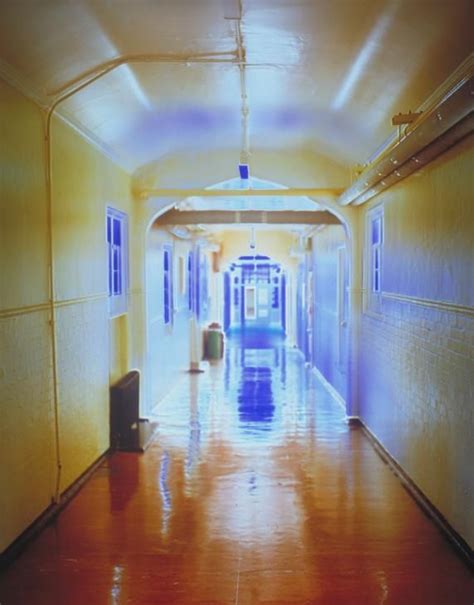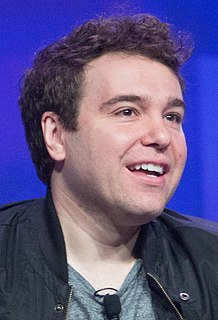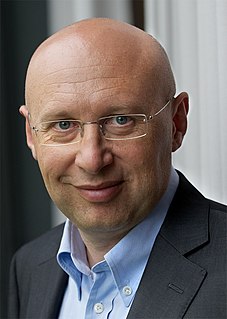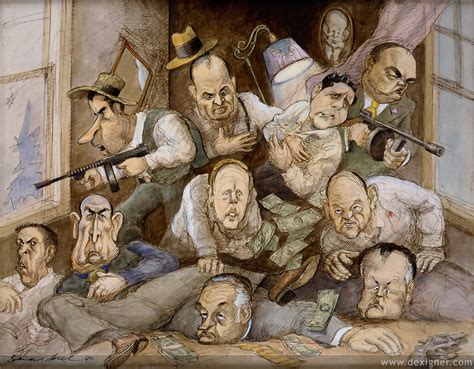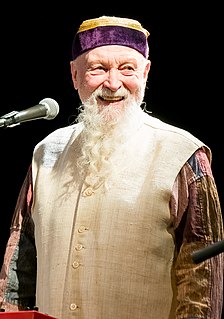A Quote by Catherine Yass
If an artist and a scientist have a common point, it is probably in the need for some kind of imaginative thinking to interpret the material they have.
Related Quotes
It is frequently the tragedy of the great artist for example Vincent Van Gogh, as it is of the great scientist, that he frightens the ordinary man. If he is more than a popular story-teller it may take humanity a generation to absorb and grow accustomed to the new geography with which the scientist or artist presents us. Even then, perhaps only the more imaginative and literate may accept him. Subconsciously the genius is feared as an image breaker; frequently he does not accept the opinions of the mass, or man's opinion of himself.
Those titles, Executive Producer or actor, are unimportant. I always try to approach my role as an artist. The first thing you want to do, that you attempt to do as an artist, is to have some sort of input into the material that you are working on. That is how my process begins; I say to myself: "I want to do this kind of work or I want to do that kind of work."
The books of the great scientists are gathering dust on the shelves of learned libraries. And rightly so. The scientist addresses an infinitesimal audience of fellow composers. His message is not devoid of universality but its universality is disembodied and anonymous. While the artist's communication is linked forever with its original form, that of the scientist is modified, amplified, fused with the ideas and results of others and melts into the stream of knowledge and ideas which forms our culture. The scientist has in common with the artist only this: that he can find no better retreat from the world than his work and also no stronger link with the world than his work.
I think that's something a scientist can do because a scientist works at a border, at the edge of science, at the edge of knowledge, and so there's a lot of fun of reaching out and thinking about things that other people didn't think about. And so it has a kind of exploratory notion, kind of adventurous part in it.
How often people speak of art and science as though they were two entirely different things, with no interconnection. That is all wrong. The true artist is quite rational as well as imaginative and knows what he is doing; if he does not, his art suffers. The true scientist is quite imaginative as well as rational, and sometimes leaps to solutions where reason can follow only slowly; if he does not, his science suffers.
My writing is of a very different kind from anything I've heard about. All this mythological material is out there, a big gathering of stuff, and I have been reading it for some forty- or fifty-odd years. There are various ways of handling that. The most common is to put the material together and publish a scholarly book about it. But when I'm writing, I try to get a sense of an experiential relationship to the material. In fact, I can't write unless that happens ... I don't write unless the stuff is really working on me, and my selection of material depends on what works.
